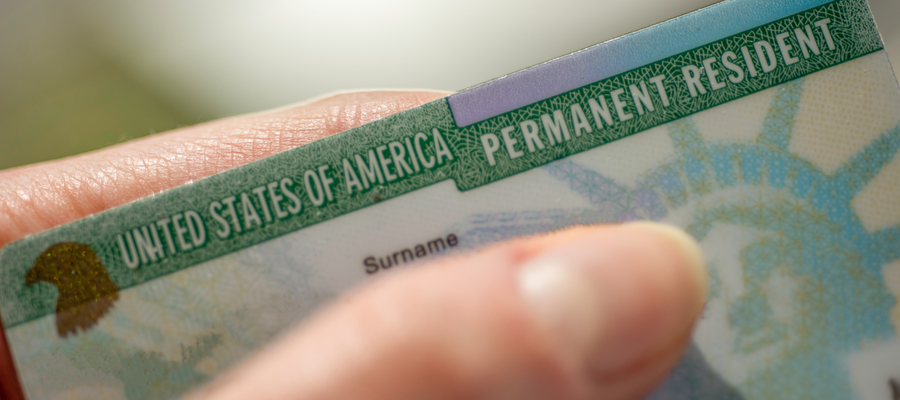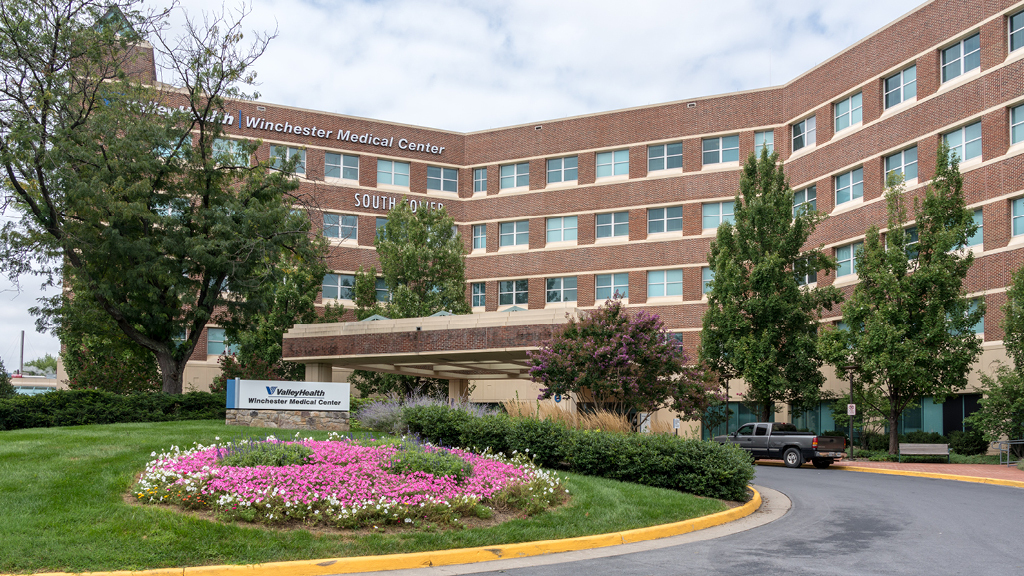USA Visa and Immigration Essentials: Guide for Healthcare Professionals
By Conexus MedStaff - Posted Sep 14, 2023

Pursuing a career in healthcare in the United States is an exciting thought for many qualified professionals worldwide. Conexus MedStaff has immigration experts to help make your future career in the U.S. a reality, but it helps to understand the intricacies of U.S. visa and immigration options as a healthcare professional. For registered nurses and medical technologists, two prominent pathways are the EB-3 visa and the H-1B visa. In this guide, we will delve into the details of these visas, how they work, their benefits for healthcare professionals, and the timelines for processing.
EB-3 visa: building the foundation
The EB-3 visa, part of the employment-based immigration category, is designed for skilled workers, professionals, and other workers, including nurses and medical technologists. It offers a direct route for healthcare professionals seeking permanent residency in the U.S. The EB-3 visa requires employer sponsorship, demonstrating that your skills are in demand and that no qualified U.S. workers are available for the position. This is a strong option for nurses in particular, as there is a shortage in the U.S. at present. Read our latest articles about the nurse staffing shortage in Texas and Florida.
How it works for healthcare professionals
For registered nurses and medical technologists, the EB-3 visa process involves multiple steps. First, your prospective employer must complete a labor certification application, demonstrating the need for your expertise. Once approved, you will file an immigrant petition on Form I-140. Due to the popularity of the EB-3 visa, there might be a waiting period, as the annual allocation of visas by the U.S. government is limited. However, the advantage lies in its potential for permanent residency, providing stability and a pathway to U.S. citizenship.
H-1B visa: for medical technologists
The H-1B visa is a non-immigrant visa designed for professionals in specialty occupations, including medical technology. While the EB-3 visa focuses on permanent residency, the H-1B visa offers a temporary solution for medical technologists who wish to work in the U.S. The visa is employer-sponsored. It requires the employer to prove that the position requires specialized knowledge and that you possess the necessary qualifications. Each year, the U.S. Citizenship and Immigration Services (USCIS) holds a lottery to randomly select a limited number of petitions from the pool of received H-1B applications. The lottery aims to provide a fair chance to applicants given the high demand for H-1B visas.
Benefits for medical technologists
The H-1B visa allows you to work in the U.S. for up to three years, with the possibility of extending your stay to a maximum of six years. This option is ideal for professionals seeking to gain valuable international experience while contributing to the U.S. healthcare system. Moreover, the H-1B visa also allows for dual intent, meaning you can simultaneously pursue permanent residency (EB-3 visa) without jeopardizing your non-immigrant status.
Timelines for processing
The processing timelines for both the EB-3 and H-1B visas can vary based on multiple factors, including United States Citizenship and Immigration Services (USCIS) caseloads, country of origin, and the specific circumstances of the applicant. For the EB-3 visa, the overall process can take around 2-3 years due to the demand and annual visa caps, but circumstances such as retrogression – which we explain here – can extend timelines. The H-1B visa generally has a faster processing time, making it an attractive option for medical technologists who can work on an H1-B visa while the EB-3 visa is processed.
Navigating the complexities
Visa and immigration processes can be intricate, and the healthcare industry’s high demand for skilled professionals adds an extra layer of complexity. That’s why it’s crucial to seek professional guidance to navigate these pathways successfully. At Conexus MedStaff, we have a specialized team of immigration experts who will guide you through the process, step by step. We’ll help to ensure your application is meticulously prepared, and will provide updates as they happen.
For registered nurses and medical technologists, the EB-3 and H-1B visas open doors to exciting opportunities within the U.S. healthcare system. The EB-3 visa offers a path to permanent residency, while the H-1B visa provides the advantage of quicker entry to the U.S. for medical technologists, who can subsequently adjust their status to EB-3 while already in the country. Both options require employer sponsorship – which we provide for members of the Conexus MedStaff community, and the timelines for processing can vary. By understanding these pathways and seeking expert assistance, you can embark on your journey to becoming a valued healthcare professional in the United States.
Are you an international registered nurse or medical technologist looking to start a new career in the U.S.? Apply now to find out how we can help!



